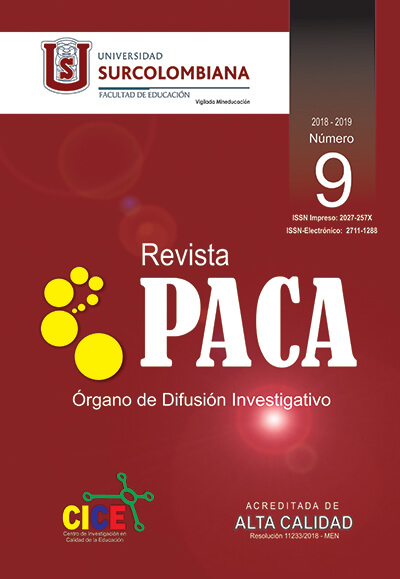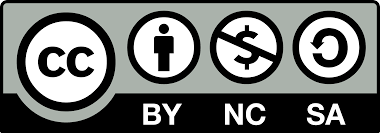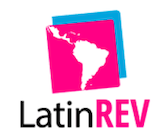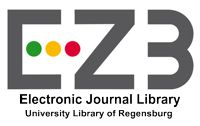Development of citizen competences from a controversial perspective
##plugins.themes.bootstrap3.article.main##
Citizen Education is today, more than ever, a priority objective in the formation and education of young people who will have to face a society in continuous changes and conflicts originating in both value and socio-political and cultural visions. To contribute to achieving these objectives, this article proposes to formulate the citizen competences, from a controversial perspective, it means, from the reality of society where tensions and conflicts are expressed daily. This pedagogical approach encourages students to analyze the society in which they live; It allows to set the citizen issues in a space that favors dialogue between them, accustoms them to a respectful listening to opposing positions, to giving arguments and proposing solutions. This makes them aware of their potential as future citizens to help build a more just, equal and fraternal society.
Downloads
##plugins.themes.bootstrap3.article.details##
Cortina, A. (1997). Una ética estructurista del carácter y la felicidad. (Perfil zubiriano y aristotélico de la ética de Aranguren, Isegoría. 1997. Recuperado de http://isegoria.revistas.csic.es/index.php/isegoria/index
Dearden, R. (1981). Controversial issues in the curriculum. Journal of Curriculum Studies, Taylor & Francis Group, 13 (1), USA, pp. 37- 44.
Freire, P. (1995). Pedagogía: diálogo e conflicto. Sao Paulo: Editorial Cortez.
Lechner, N. (2002). Las sombras del mañana. La dimensión subjetiva de la política. Santiago, Chile: Editorial LOM, 2002.
Magendzo, A y Arias R., Informe Regional 2015: Educación ciudadana y formación docente en países de América Latina.
Magendzo, A. y Pavez, J., (2018) “Educación Ciudadana desde una perspectiva problematizadora: Un desafío para los docentes”, Santiago-Chile. Editorial Santillana.
Ministerio de Educación Nacional, Series, Guía Numero 6. Recuperado de https://www.mineducacion.gov.co/1759/w3-article-157085.html?_noredirect=1
Ministerio de Educación Nacional (2004). Recuperado de https://www.mineducacion.gov.co/1759/articles-235147_archivo_pdf_cartilla1.pdf
Ministerio de Educación Nacional, Cartillas para el Programa de Competencias Ciudadanas, Bogotá, octubre 2011. Recuperado de https://www.mineducacion.gov.co/1759/articles-235147_archivo_pdf_cartilla1.pdf
Savater, F. (2000). Conferencia con Fernando Savater: Ética y Ciudadanía. Revista de Humanidades, Tecnológico de Monterrey, n.° 8, pp. 155-172, 2000. Instituto Tecnológico y de Estudios Superiores de Monterrey, México.
Villar, L. (2007). Estado de Derecho, Estado Social de Derecho. Nueva Serie Universidad. Externado de Colombia, Revista Derecho, n.° 20, 2007, pp. 73-96.
































